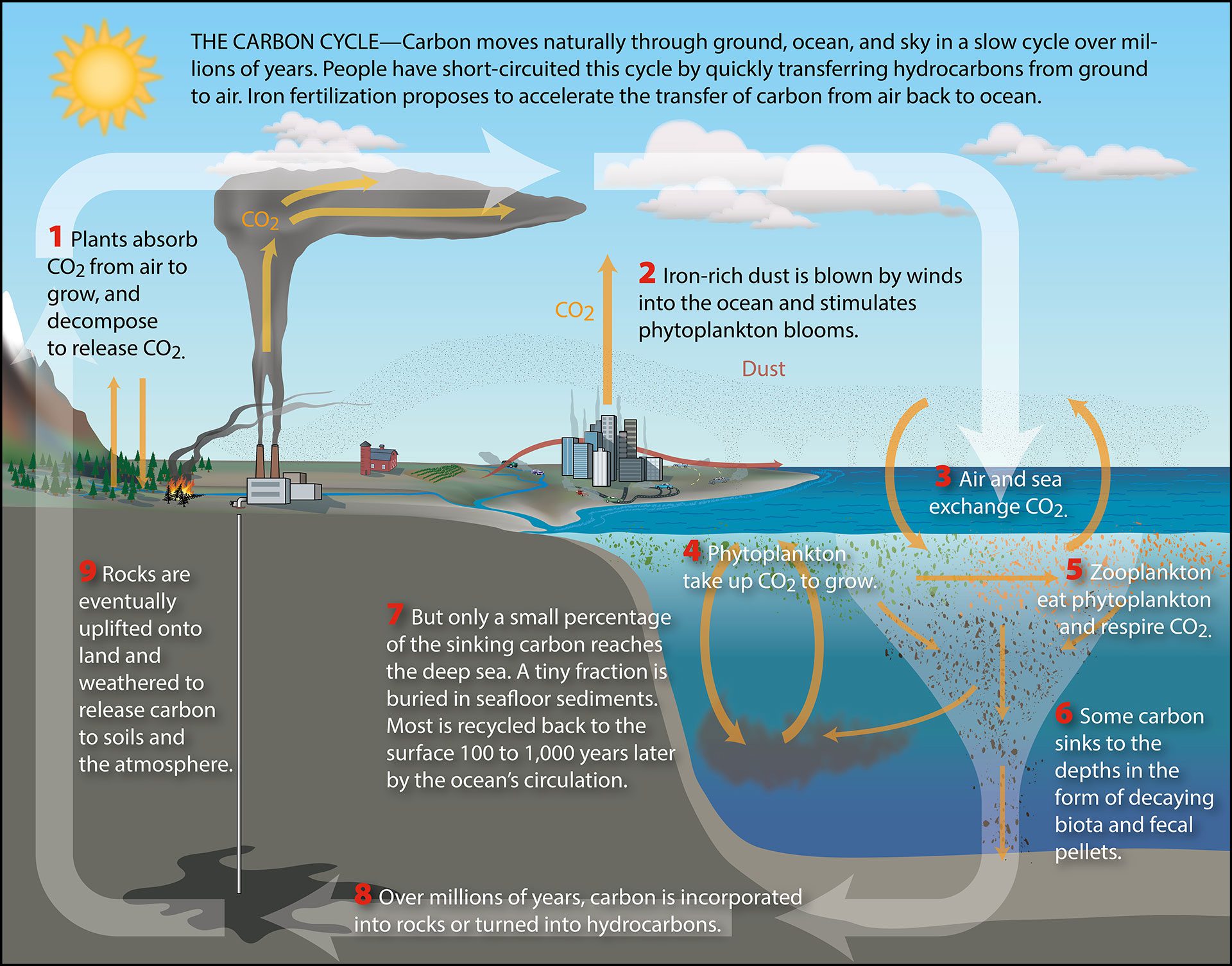2024-08-08 at 1:18 PM UTC
Below is an excerpt, to read the full 53 page report use the link provided.
https://t.co/fjFyjPrJRcThere is no climate emergency Climate science should be less political, while climate policies should be more scientific. Scientists should openly address uncertainties and exaggerations in their predictions of global warming, while politicians should dispassionately count the real costs as well as the imagined benefits of their policy measures Natural as well as anthropogenic factors cause warming The geological archive reveals that Earth’s climate has varied as long as the planet has existed, with natural cold and warm phases. The Little Ice Age ended as recently as 1850. Therefore, it is no surprise that we now are expe riencing a period of warming. Warming is far slower than predicted The world has warmed significantly less than predicted by IPCC on the basis of modeled anthropogenic forcing. The gap between the real world and the modeled world tells us that we are far from understanding climate change. Climate policy relies on inadequate models Climate models have many shortcomings and are not remotely plausible as policy tools. They do not only exaggerate the effect of greenhouse gases, they also ignore the fact that enriching the atmosphere with CO2 is beneficial. CO2 is plant food, the basis of all life on Earth CO2 is not a pollutant. It is essential to all life on Earth. More CO2 is favorable for nature, greening our planet. Additional CO2 in the air has promoted growth in global plant biomass. It is also profitable for agriculture, increasing the yields of crops worldwide. Global warming has not increased natural disasters There is no statistical evidence that global warming is intensifying hurricanes, floods, droughts and suchlike natural disasters, or making them more frequent. However, there is ample evidence that CO2mitigation measures are as damag ing as they are costly. Climate policy must respect scientific and economic realities There is no climate emergency. Therefore, there is no cause for panic and alarm. We strongly oppose the harmful and unrealistic net-zero CO2 policy proposed for 2050. Go for adaptation instead of mitigation; adaptation works whatever the causes are. OUR ADVICE TO THE EUROPEAN LEADERS IS THAT SCIENCE SHOULD STRIVE FOR A SIGNIFICANTLY BETTER UNDERSTANDING OF THE CLIMATE SYSTEM, WHILE POLITICS SHOULD FOCUS ON MINIMIZING POTENTIAL CLIMATE DAMAGE BY PRIORITIZING ADAPTATION STRATEGIES BASED ON PROVEN AND AFFORDABLE TECHNOLOGIES.
The following users say it would be alright if the author of this
post didn't die in a fire!
2024-08-08 at 2:51 PM UTC
In the last week or so I've gotten balls deep into the world of climate data for a bet on Polymarket. It's pretty interesting, very scientific, very complex. It'll take more than a garbled wall of text to convince me that the climate isn't heating up at a worrying and remarkable speed.
The following users say it would be alright if the author of this
post didn't die in a fire!
2024-08-08 at 3:12 PM UTC
Going outside and realizing it's a consistent pattern of increased temperature = buying a lie
This is just like how noticing things makes you a "racist"
2024-08-08 at 3:19 PM UTC
Originally posted by Speedy Parker
How many garbled walls of text did it take to get you to buy the lie that man is doing the heating? We are still coming out of the last ice age.


What's responsible for the massive jump in CO2 in the atmosphere over the past 200 years?
The following users say it would be alright if the author of this
post didn't die in a fire!
2024-08-08 at 3:26 PM UTC
Yawn
Carbon levels are near record lows. If it gets much lower our l4 plants will die and there goes the food change dummy.
2024-08-08 at 4:03 PM UTC
Okay alarmist, whatever you say. Keep living your life based on mainstream media data points
2024-08-08 at 10:25 PM UTC
also these CO² measuring points are just as fallacious as temperature measuring points if they're set up beside coal burners like coal powered powerplants or around an airport's runway.
2024-08-08 at 10:29 PM UTC
According to ice core data, atmospheric carbon dioxide (CO2) levels over the past million years have fluctuated between 180 and 300 parts per million (ppm). These levels have corresponded with Earth's climate transitioning in and out of ice ages, with lower CO2 levels during ice ages and higher levels during warmer interglacials. Before the Industrial Revolution began in the mid-1700s, CO2 levels were 280 ppm or less.
However, some studies suggest that CO2 levels were higher in Earth's more distant past. Pliocene Epoch: Between 2.6 and 5.3 million years ago, CO2 levels may have reached 400 ppm.





